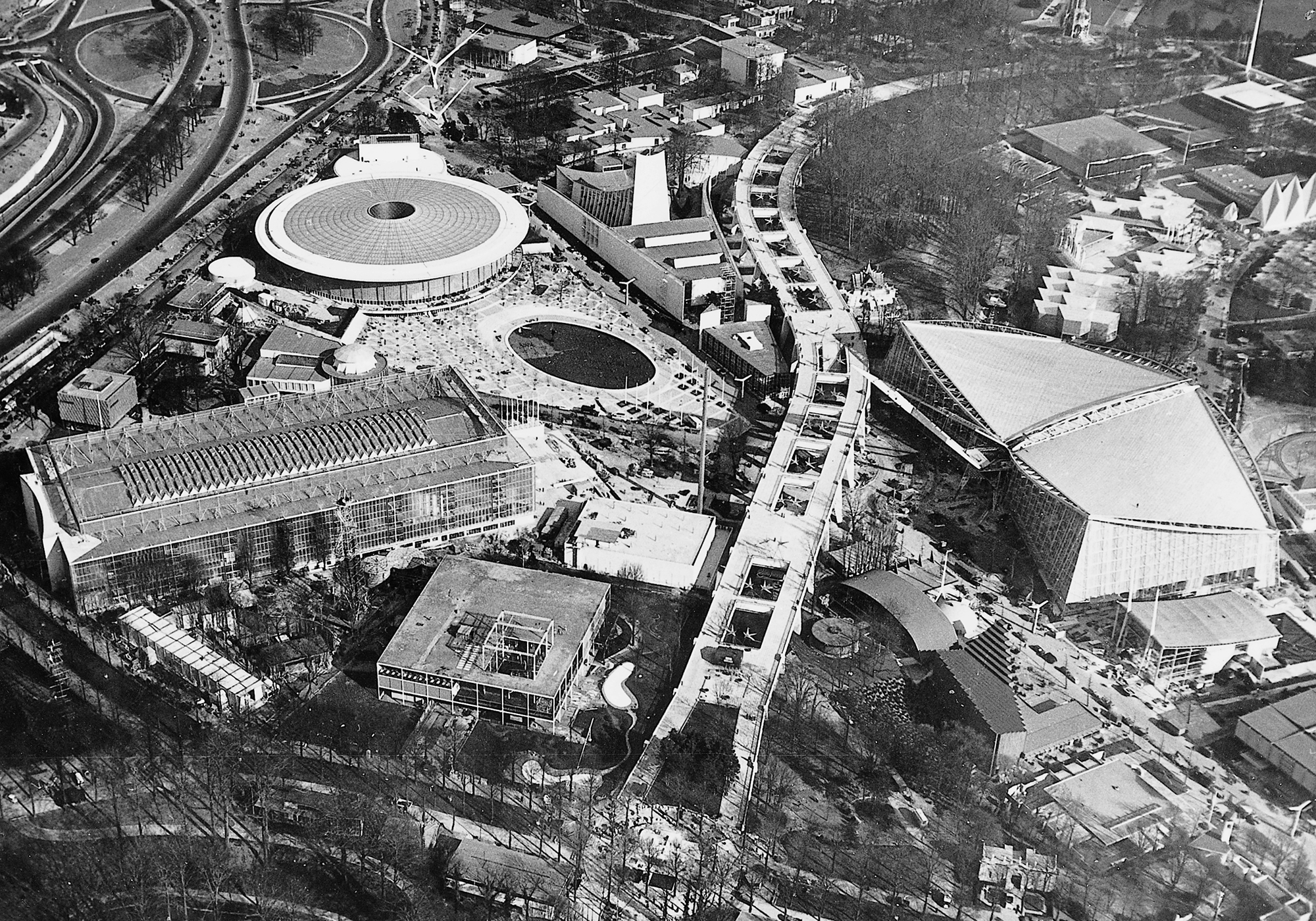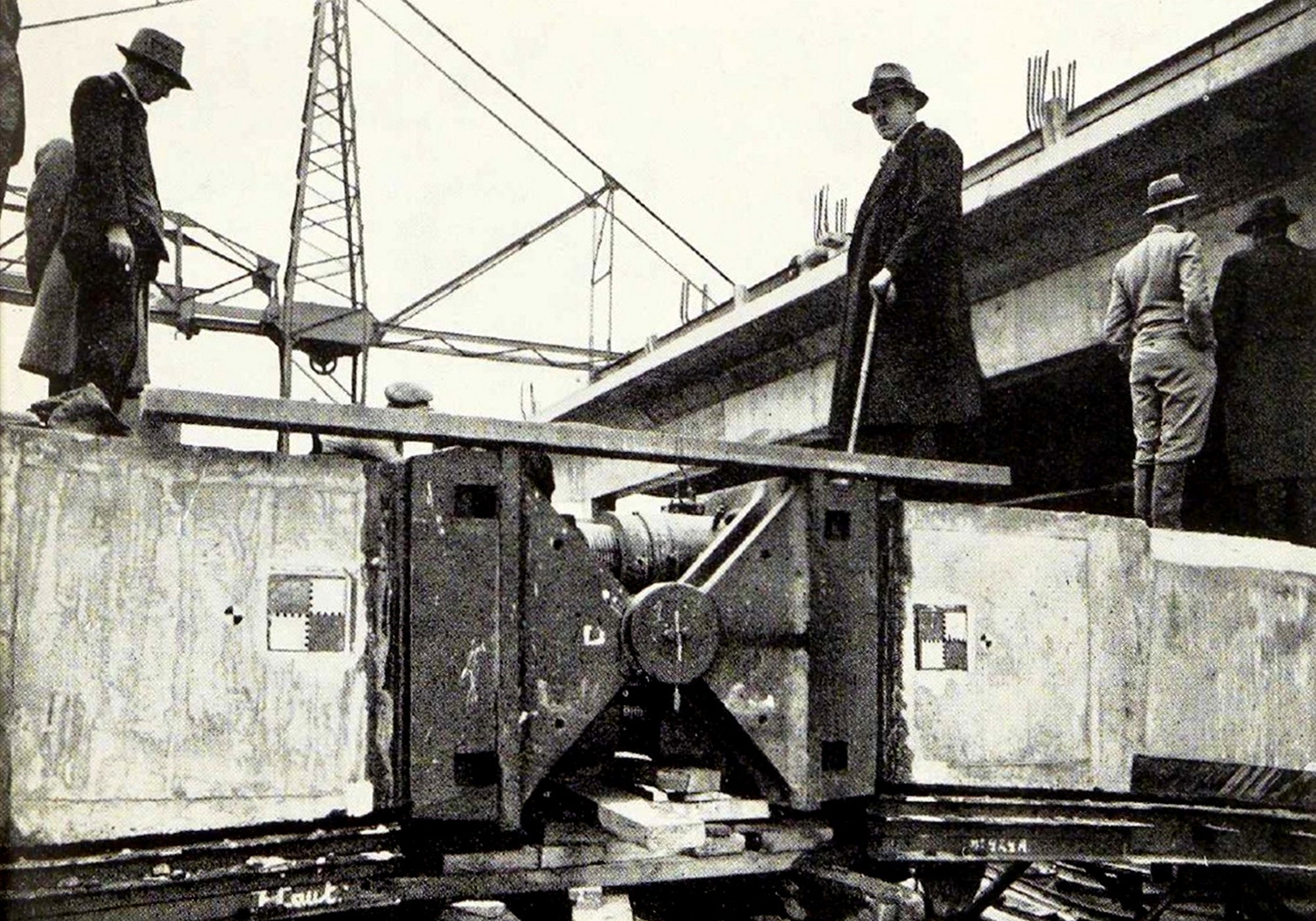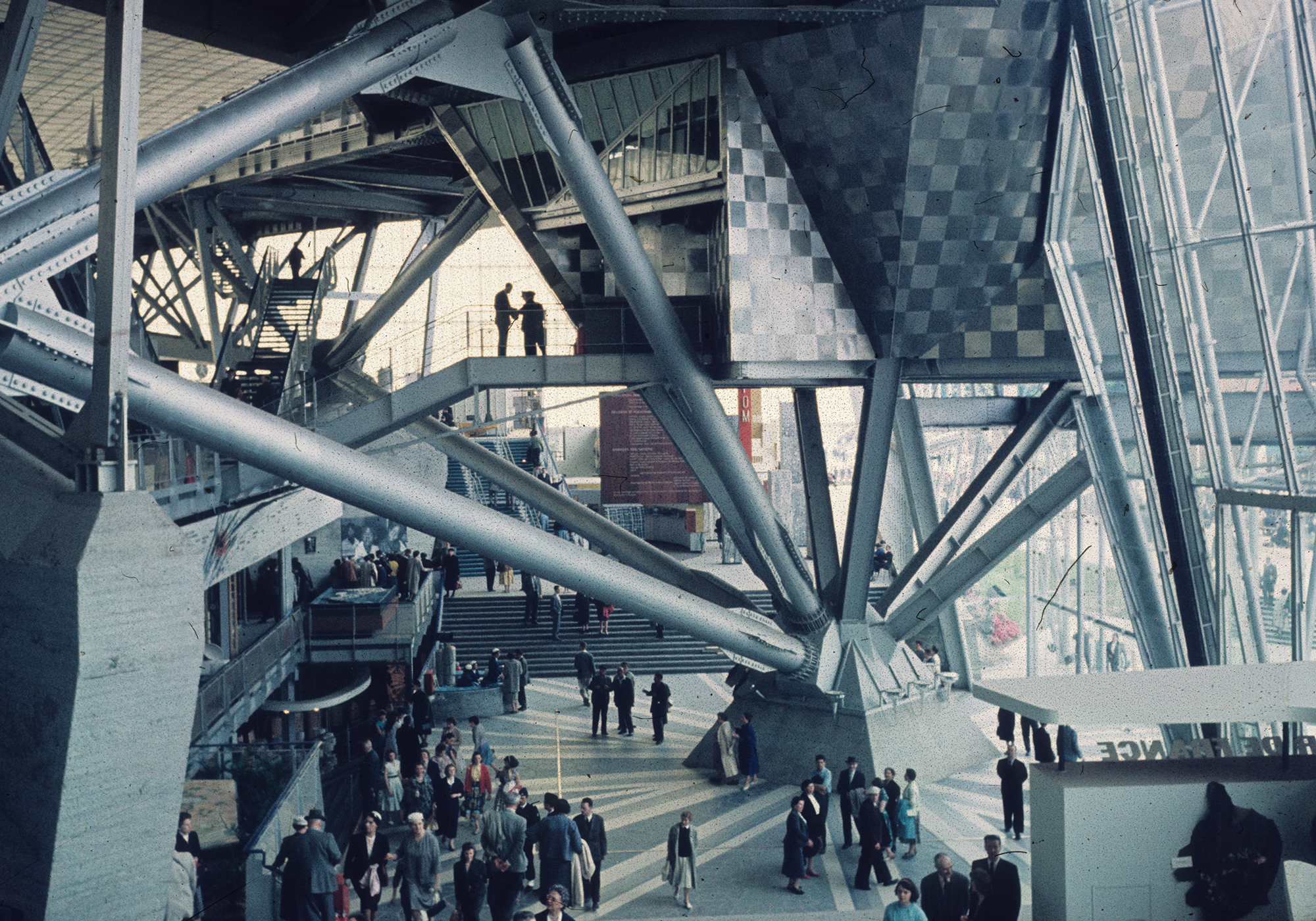In the same section

Architecture & Architectural Engineering
The research unit BATir-AIA specialises in Architecture and Architectural Engineering. Research projects can be fundamental, applied or participative (involving citizen science) and are carried out on individual basis, as a team, or through collaborations with private or academic partners in Belgium or abroad. BATir-AIA assembles expertise in diverse fields, ranging from theory and history of modern architecture and construction over teaching challenges, the development of methods and tools for specific practices in the field of architecture, engineering and construction and also exhibition architecture.
The BATir-AIA researchers and teams rely on various scientific methods and references in their approach, proper to the design, applied, human and social sciences, but also ergonomics and user-centred methods, demonstrating an inherently interdisciplinary approach in tackling contemporary challenges in architecture, engineering and construction from past and present.
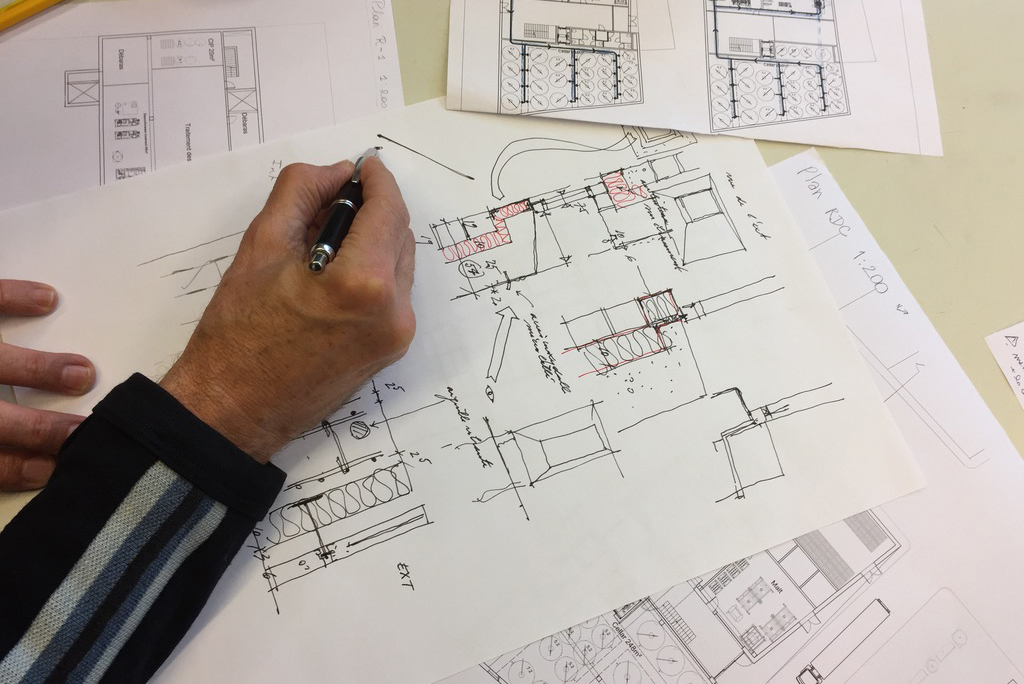
Research expertise
BATir-AIA assembles expertise on diverse themes in the research fields of Architecture and Architectural Engineering, developed in two research groups supervised by :
- Prof. Samia BEN RAJEB: Collaborative design & Digital Mediations in Architectural Engineering (COLLÆB) ;
- Prof. Rika DEVOS: Architecture & Construction History.
Collaborative Design & Digital Mediations in Architectural Engineering - Samia BEN RAJEB
COLLÆB explores and supports collective activities in the industry of architecture, engineering, and construction (AEC), based on a human-centered approach. The group investigates the impact of today’s societal, ecological and technological challenges on group activities, whether they are cooperative, collaborative or participatory. COLLÆB develops expertise in (1) mapping collective activities and (2) offering support in transitions prompted by socio-ecological challenges and new technologies and procedures. COLLÆB defines and co-constructs knowledge and methodologies for research, education, and AEC practices. In this framework, the group established and uses methodologies drawing from activity theory, participatory action research and the humanities in various national and international settings to highlight the significance of collaboration in the AEC sector and to assist design and construction stakeholders in better managing shifts in their practices (Lean, BIM, civic initiatives, etc.). By participatory approach, COLLÆB thus fosters synergies between a pedagogy grounded in "doing" and a reflective approach based on "learning to learn"; between research and practice; and between university and AEC companies. 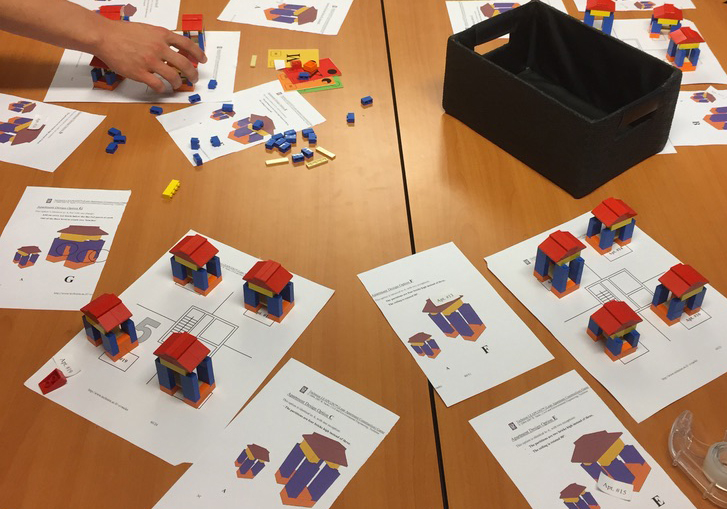
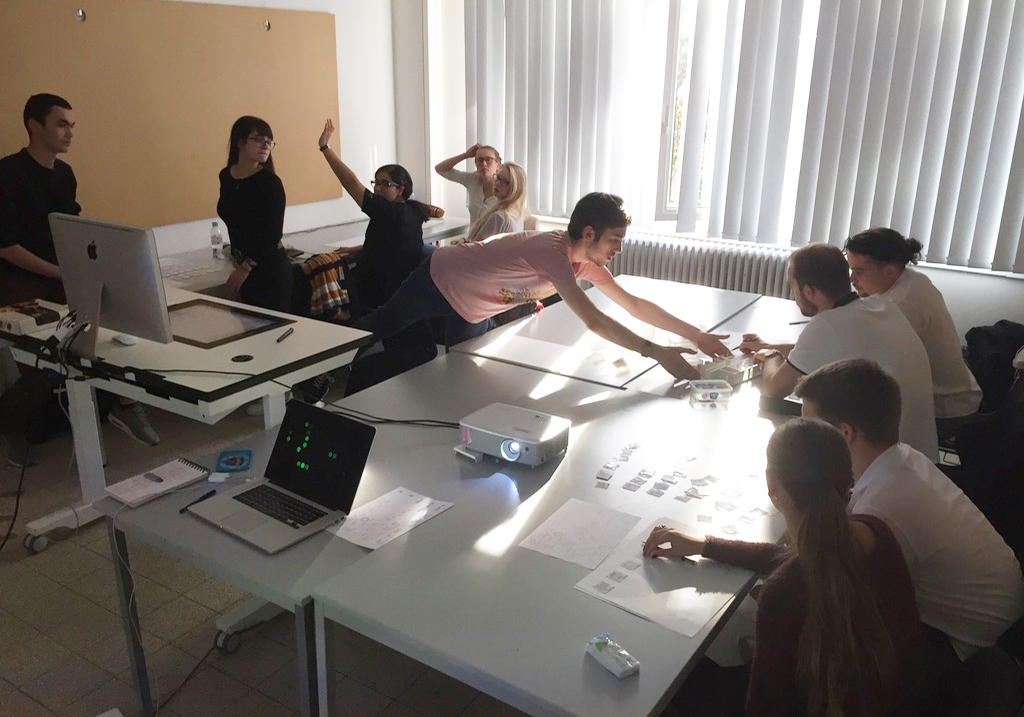
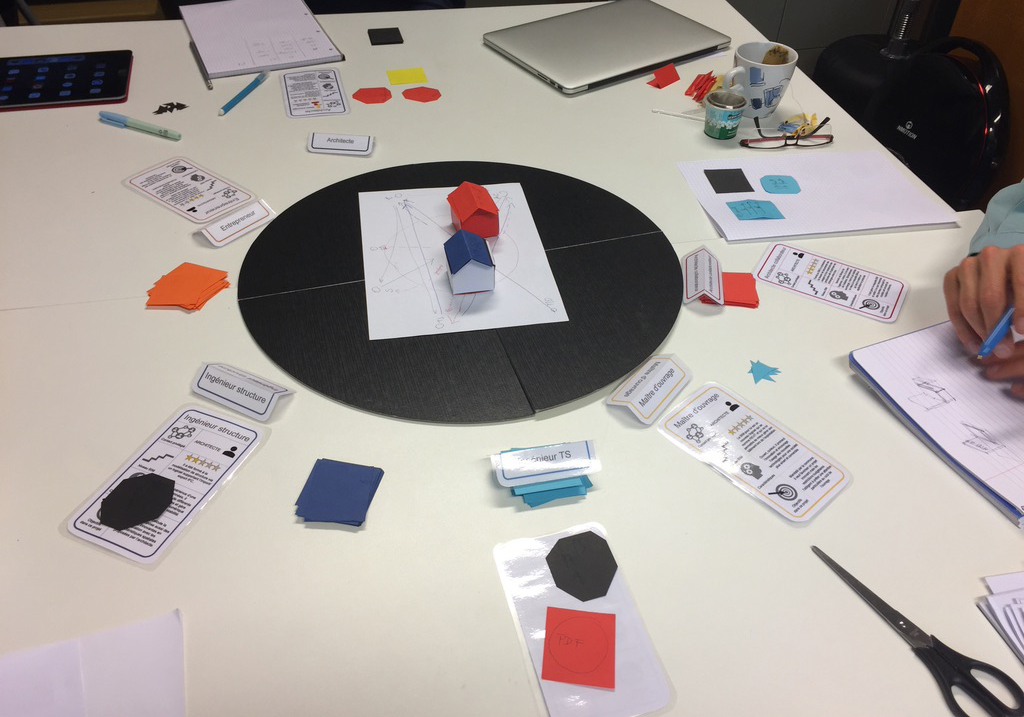
Architecture & Construction History - Rika DEVOS
The Architecture & Construction History group holds expertise in fundamental and applied research in Architecture and Construction history, with a non-exclusive focus on twentieth century Belgium. The group engages with two distinct tracks: (1) exhibition architecture and (2) questions linking Architecture and Construction History. On the architecture and engineering of universal exhibitions, the group develops two types of approach, either exploring the extraordinary and ephemeral nature of these singular events, either positioning their architectural strategies and buildings in broader contemporary professional and societal discussions on politics, technology, pop culture, style, representation, etc. The projects centred on histories of Architecture and Construction aim at a sound historical contextualisation of these fields in their contemporary professional, political, social, economic and legal cultures and explore interrelated themes like: bureaucracy in and of building and its sources; historical actors and professional collaboration; types of knowledge and knowledge transfer; historiography and methodological challenges, etc.
